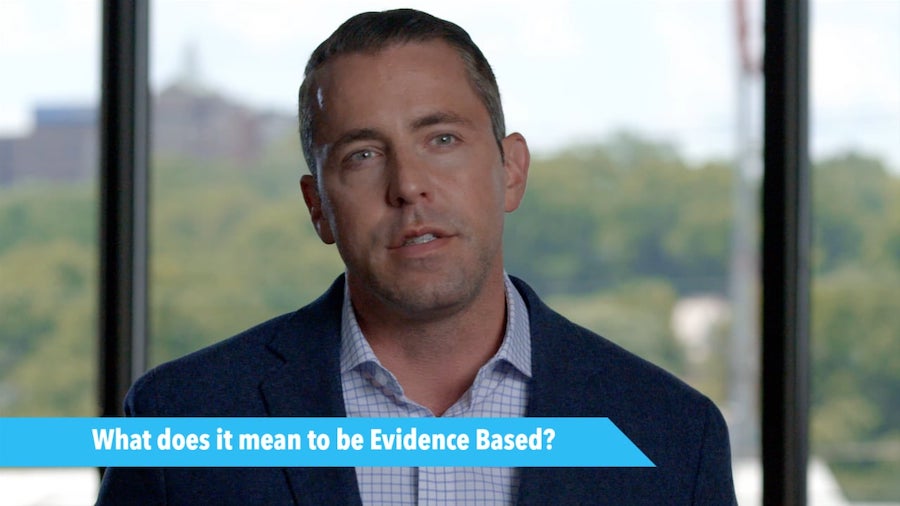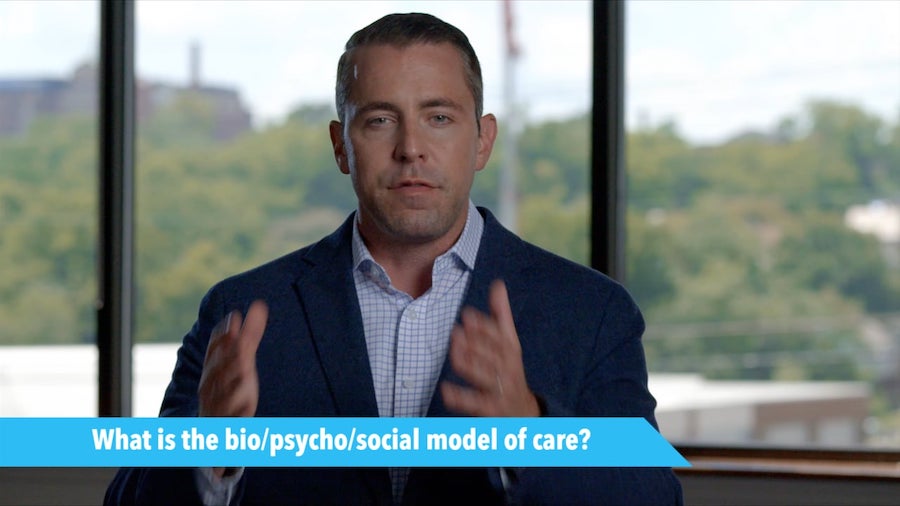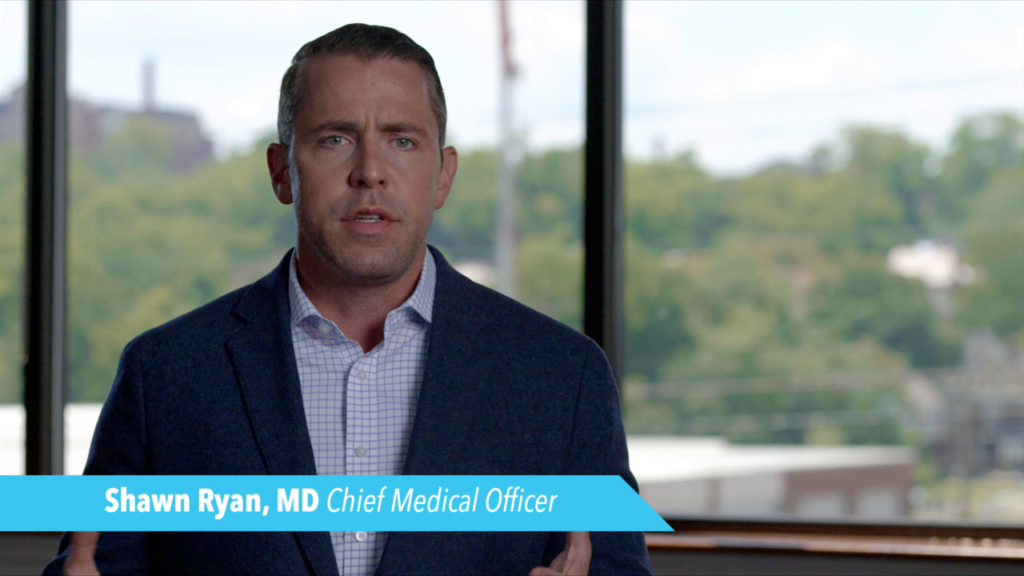Understanding Alcohol Addiction
 The 2023 National Survey on Drug Use and Health (NSDUH) reported that 28.9 million individuals aged 12 and older, or 10.2% of this population, experienced alcohol use disorder (AUD) within the past year. In addition, 757,000 adolescents aged 12 to 17 experienced AUD in the past year.1
The 2023 National Survey on Drug Use and Health (NSDUH) reported that 28.9 million individuals aged 12 and older, or 10.2% of this population, experienced alcohol use disorder (AUD) within the past year. In addition, 757,000 adolescents aged 12 to 17 experienced AUD in the past year.1
Alcohol use is common, but when does it become a problem? When drinking starts to interfere with relationships, work, health, or daily responsibilities, it may be time to seek alcohol addiction help.
Alcohol addiction often develops over time, making it difficult to recognize. Many people build a tolerance, meaning they need more alcohol to feel the same effects. Others experience withdrawal symptoms when they try to stop drinking. The good news is that recovery is possible with the right support and resources for alcohol addiction.
Signs of Alcohol Dependence
If you or someone you care about is exhibiting any of the following signs, it may indicate an alcohol dependence:
- Drinking more or more often than intended
- Experiencing cravings or withdrawal symptoms when not drinking
- Drinking in situations where it is dangerous (e.g., before driving)
- Neglecting responsibilities at home, work, or school due to alcohol use
- Trying to cut back but being unable to do so
- Losing interest in once enjoyable activities
- Continuing to drink despite negative consequences
- Developing a high tolerance or needing more alcohol to feel the effects
Recognizing these warning signs is the first step toward getting the right alcohol addiction resources.
Effects of Alcohol Addiction
Alcohol addiction can have serious effects on physical and mental well-being. The Centers for Disease Control and Prevention (CDC) reports that excessive alcohol use contributes to over 178,000 deaths in the U.S. each year.2
Short-Term Effects of Alcohol Misuse
- Poor decision-making
- Impaired coordination and balance
- Blurred vision and slurred speech
- Mood swings and aggressive behavior
- Nausea and vomiting
Long-Term Health Risks
- Liver disease, including cirrhosis and alcoholic hepatitis
- Heart conditions such as high blood pressure and cardiomyopathy
- Increased risk of stroke
- Damage to the brain, leading to memory loss and cognitive decline
- Heightened risk of certain cancers, including liver, breast, and esophageal cancer
Finding alcohol addiction help can reduce these risks and promote overall health.
Alcohol Addiction Resources: BrightView’s Approach
At BrightView, we understand that alcohol addiction looks different for everyone. That’s why our treatment programs are tailored to each individual. We provide outpatient services designed to meet your needs while allowing you to maintain your daily responsibilities.
Comprehensive Outpatient Treatment
Unlike traditional inpatient programs, BrightView’s outpatient program provides a flexible approach to recovery. Our treatment includes:
- Medication assisted treatment (MAT) – Medications like naltrexone can help reduce cravings and support recovery.
- Individual therapy – One-on-one counseling helps patients develop coping strategies.
- Group therapy – Peer support fosters motivation and accountability.
- Family therapy – Alcohol addiction affects loved ones, and we help rebuild relationships.
- Case management – Our team connects patients with essential services, including housing, transportation, and employment support.
- Telehealth options – Virtual appointments make care accessible from home.
Local Resources for Alcohol Addiction
BrightView believes that accessibility is key to recovery. We have 50+ locations across Ohio, Kentucky, Virginia, Delaware, North Carolina, and Maryland, ensuring patients can access care close to home.
- Most Ohio residents are within 30 minutes of a BrightView center.
- Most Kentuckians are within 45 minutes of one of our locations.
- Same-day treatment and walk-ins are welcome on weekdays until 3 p.m.
- We accept Medicaid, Medicare, and most private insurance.
No matter your financial situation, BrightView ensures that cost is never a barrier to care. Our alcohol addiction resources are designed to support every patient on their journey to sobriety.
 The 2023 National Survey on Drug Use and Health (NSDUH) reported that 28.9 million individuals aged 12 and older, or 10.2% of this population, experienced alcohol use disorder (AUD) within the past year. In addition, 757,000 adolescents aged 12 to 17 experienced AUD in the past year.1
The 2023 National Survey on Drug Use and Health (NSDUH) reported that 28.9 million individuals aged 12 and older, or 10.2% of this population, experienced alcohol use disorder (AUD) within the past year. In addition, 757,000 adolescents aged 12 to 17 experienced AUD in the past year.1

